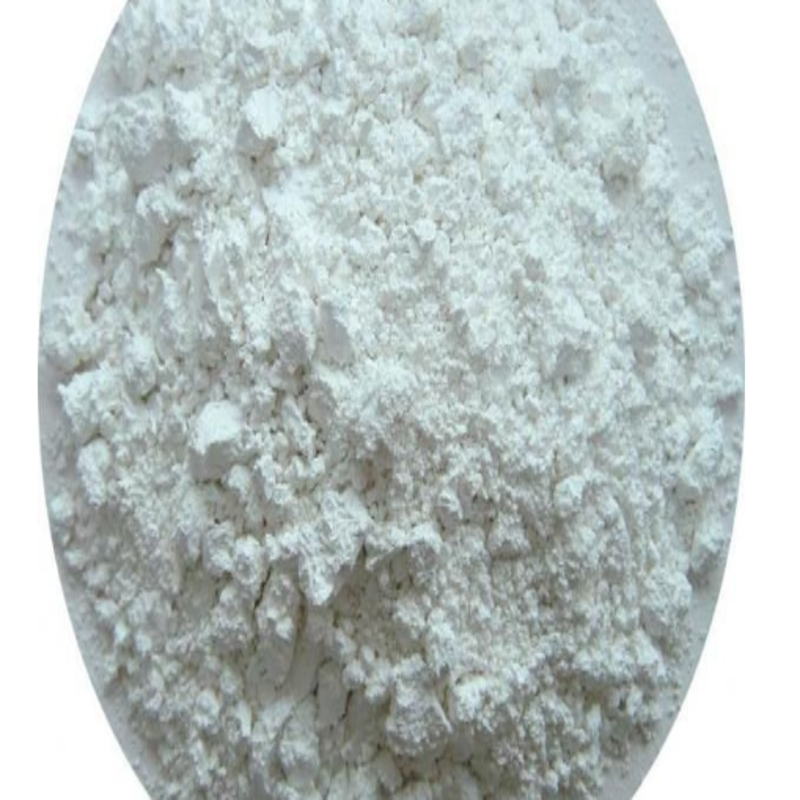Mol Cell: the study identifies enzymes that help repair DNA defects
-
Last Update: 2014-04-24
-
Source: Internet
-
Author: User
Search more information of high quality chemicals, good prices and reliable suppliers, visit
www.echemi.com
April 24, 2014 / Biogen / - recently, Purdue University researchers identified an important enzyme pathway that helps prevent new cells from receiving too many or too few chromosomes, which are directly related to cancer and other diseases Mark hall, an associate professor of Biochemistry, found that when cell division was near the end, enzyme Cdc14 activated yen1, an enzyme that ensures that any DNA breaks are completely repaired before the genome of the mother cell is copied to the daughter cell This process helps ensure that some of the most damaging genomic errors, including the loss of chromosomes or chromosome fragments, are avoided The study found out what enzyme Cdc14 does in human cells, and how it affects genome stability and cancer prevention Cdc14 has been implicated in the repair of human DNA damage, but how enzymes contribute to maintaining the genome and which proteins it regulates have not been revealed Researcher hall and his colleagues developed a new method to recognize the protein substrate of the action of Cdc14 Using Baker's yeast, Cdc14 (very similar to human Cdc14), which removes phosphate to regulate other proteins, the team studied the enzyme's activity on a variety of synthetic substrate molecules to find the most suitable substrate protein for Cdc14 Yen1 has been proved to be the best matching substrate for DNA repair Hall said: the remarkable similarity of these enzymes in yeast and human makes the new method can be used to determine the functional protein of Cdc14 in human This strategy can be used to identify the substrate of human Cdc14 and explore how they control the DNA repair process and prevent cancer Hall said understanding the role of Cdc14 in DNA repair and how enzymes bind to its substrate can be used to develop more effective chemotherapy weapons against cancer Many chemotherapy drugs kill cancer cells by causing such extensive DNA damage Designing a chemical to simulate the characteristics of Cdc14 substrate will help to prevent Cdc14 from repairing damaged DNA of tumor cells and accelerate cancer cell death doi:10.1016/j.molcel.2014.02.012 PMC: PMID: The Cdk/Cdc14 Module Controls Activation of the Yen1 Holliday Junction Resolvase to Promote Genome Stability Christie L Eissler, Gerard Mazón, Brendan L Powers, Sergey N Savinov, Lorraine S Symington, Mark C Hall Faithful genome transmission during cell division requires precise, coordinated action of DNA metabolic enzymes, including proteins responsible for DNA damage detection and repair Dynamic phosphorylation plays an important role in controlling repair enzymes during the DNA damage response (DDR) Cdc14 phosphatases oppose cyclin-dependent kinase (Cdk) phosphorylation and have been implicated in the DDR in several model systems Here, we have refined the substrate specificity of budding yeast Cdc14 and, using this insight, identified the Holliday junction resolvase Yen1 as a DNA repair target of Cdc14 Cdc14 activation at anaphase triggers nuclear accumulation and enzymatic activation of Yen1, likely to resolve persistent recombinational repair intermediates Consistent with this, expression of a phosphomimetic Yen1 mutant increased sister chromatid nondisjunction In contrast, lack of Cdk phosphorylation resulted in constitutive activity and elevated crossover-associated repair The precise timing of Yen1 activation, governed by core cell-cycle regulators, helps coordinate DNA repair with chromosome segregation and safeguards against genome destabilization
This article is an English version of an article which is originally in the Chinese language on echemi.com and is provided for information purposes only.
This website makes no representation or warranty of any kind, either expressed or implied, as to the accuracy, completeness ownership or reliability of
the article or any translations thereof. If you have any concerns or complaints relating to the article, please send an email, providing a detailed
description of the concern or complaint, to
service@echemi.com. A staff member will contact you within 5 working days. Once verified, infringing content
will be removed immediately.







